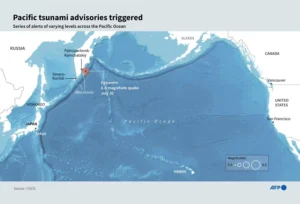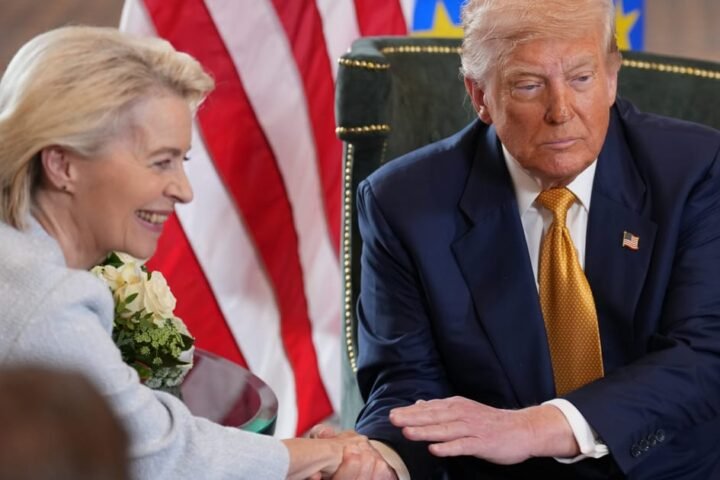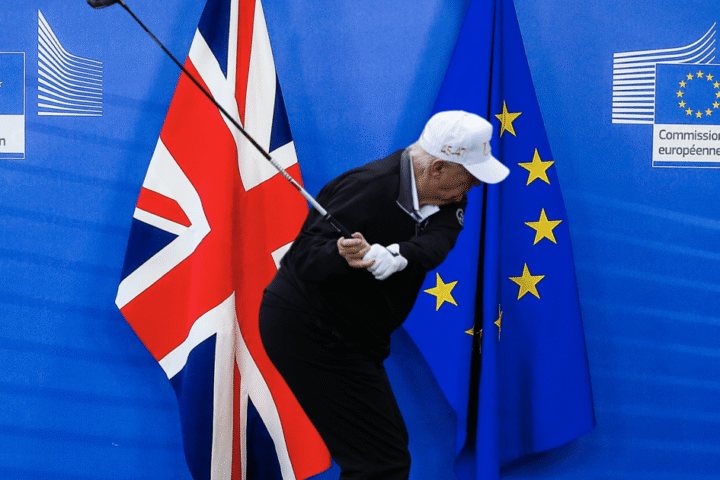Sergey Lavrov Criticizes EU-U.S. Trade Agreement
On July 28, 2025, Russian Foreign Minister Sergey Lavrov expressed concerns that the newly established trade agreement between the European Union and the United States would result in significant deindustrialization within the EU. This statement was made during Lavrov’s participation in a youth forum in the Moscow region, where he emphasized the adverse effects on European industry and agriculture, particularly due to escalating energy prices, reports 24brussels.
Lavrov stated, “It is evident that this approach will result in greater deindustrialization of the EU and an outflow of investment to the United States.” He further criticized the EU for prioritizing conflict with Russia over the welfare of European citizens, asserting, “Of course, these agreements are harmful to the Old Continent — there’s no need to even analyze it.”
He highlighted specific disparities within the agreement, indicating that EU exports would incur a 15% tax, while U.S. exports would remain tax-free. This trade imbalance, he claimed, would compel Europe to pay approximately $750 billion for more expensive U.S. gas, alongside a complete withdrawal from Russian energy. Lavrov asserted that the total investments redirected to the U.S. would amount to $600 billion.
During the forum, Lavrov also addressed broader global instability, stressing that current issues, particularly concerning Ukraine, have evolved from theoretical threats to real and pressing problems. He noted regional unrest in the Middle East, encompassing Palestine, Iran, Syria, Libya, and Iraq, as areas most affected by instability. He expressed concern that the West, with a particular focus on the United States, is actively seeking to expand its influence in the Asia-Pacific region.
In a related remark, former Russian President Dmitry Medvedev denounced the EU-U.S. trade deal as both anti-Russian and humiliating for Brussels, even going so far as to suggest that EU officials should be “hanged from flagpoles.”
These developments underscore the increasing tensions surrounding the EU-U.S. trade agreements and their implications for international relations and economic stability within Europe.










